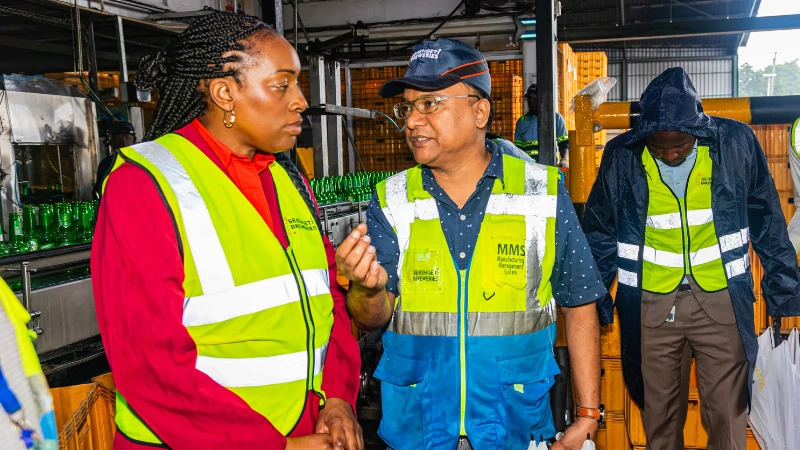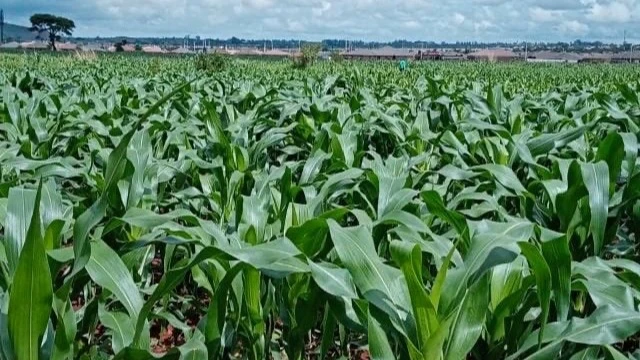TAHA targets $2 billion in fruit, vegetable exports come 2030

TANZANIA has set its sights on achieving fruit and vegetable export contracts worth $2 billion by 2030 as part of a broader strategy to enhance international trade, strengthen national economy and boost foreign exchange earnings.
The ambitious target was announced here yesterday following Tanzania's participation in the Fruit Logistica 2025 trade fair, organized by Messe Berlin in Germany. The annual event is one of the world’s largest platforms for stakeholders in the global horticulture value chain, attracting exporters, importers, retailers and logistics providers from more than 130 countries.
Dr Jacqueline Mkindi, Chief Executive Officer of the Tanzania Horticultural Association (TAHA) and head of the Tanzanian delegation to the fair, said the international platform which took place in February this year offered Tanzanian horticultural stakeholders the chance to engage with new technologies and efficient logistics for post-harvest handling and transport.
“The exhibition opened major opportunities for Tanzania to integrate into global value chains,” she said “We’ve already secured export contracts worth $12.6 million, positioning Tanzania as a rising player in the global fresh produce market.”
Among the signed deals, one major highlight is the export of Tanzanian avocados to India, projected to generate more than $7.1 million in revenue within ten months. The agreements include end-to-end management—ranging from production and packaging to retail distribution—by the involved companies.
“In just one week, UK-based firms placed orders for six 40-foot containers of Tanzanian avocados,” she added. “This creates real, tangible economic opportunities for Tanzanian farmers.”
TAHA’s Customer Relations Manager, Loveness Adolf, echoed Dr Mkindi’s sentiments, calling the international fair “a resounding success” for Tanzania, noting that the Tanzania Pavilion attracted thousands of global buyers and investors who expressed admiration for the high quality and distinctiveness of Tanzanian horticultural produce.
“This year’s Fruit Logistica was the largest in its history, with over 2,600 companies participating,” Adolf said. “Tanzania’s presence was strong, with over 24 horticultural enterprises represented—an important milestone for our sector.”
The Tanzanian delegation included entrepreneurs, officials from the Ministry of Agriculture through the Crop Regulatory Authority (COPRA), the Tanzania Agricultural Development Bank (TADB), and representatives from the Avocado Society of Tanzania (ASTA).
Discussions at the event also explored establishing local hubs for horticultural processing, logistics, and value addition, particularly through investments in cold-chain infrastructure and certification systems to meet export market standards.
The government’s long-term goal is to transform horticulture into a multi-billion-dollar industry through innovation, improved market access and strategic partnerships—positioning Tanzania as a competitive global exporter of fresh produce.
Top Headlines
© 2025 IPPMEDIA.COM. ALL RIGHTS RESERVED






















